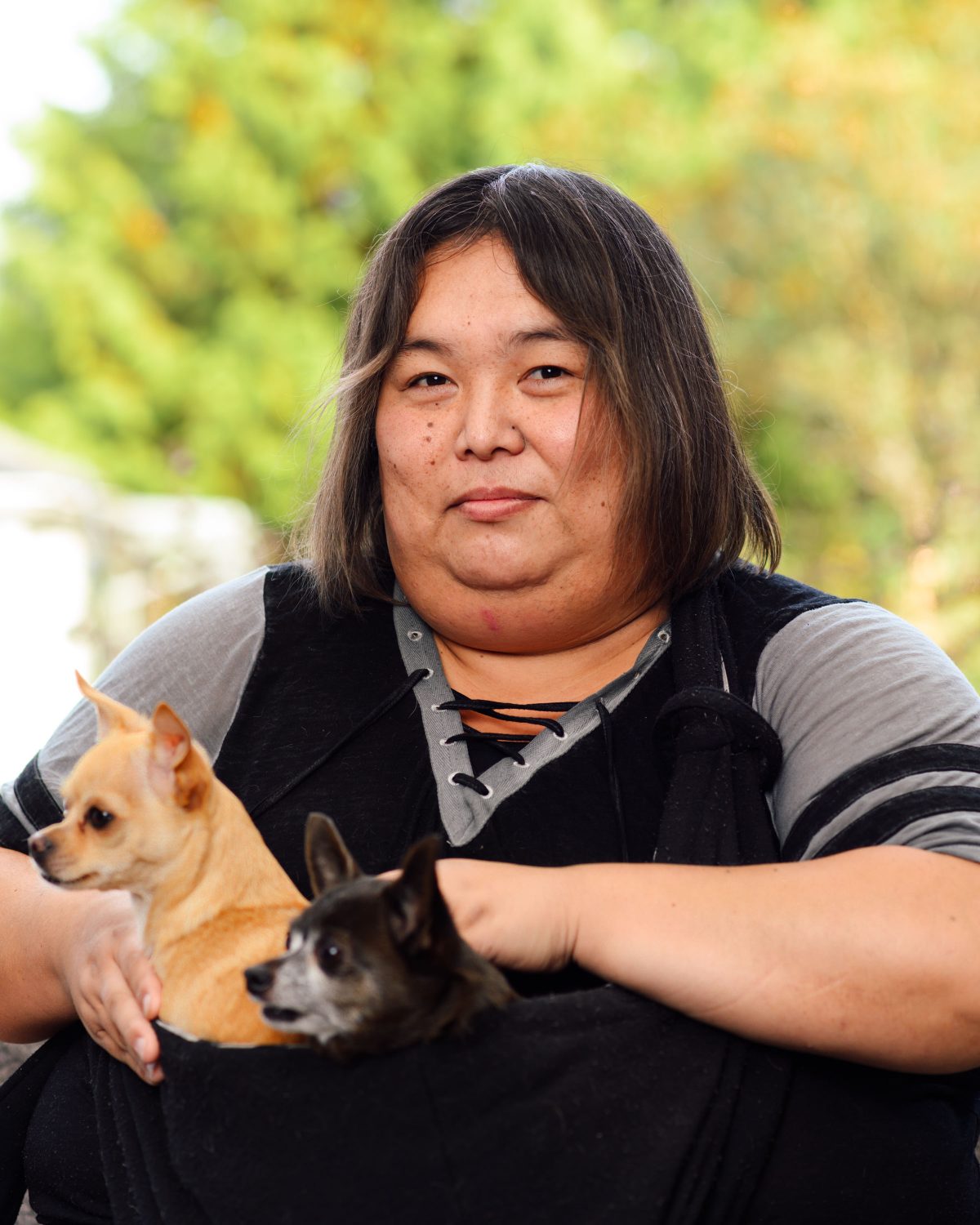Lux Magazine | April 2022
t seemed, during the early pandemic, that every neighborhood in the U.S. had suddenly formed a “mutual aid” network. Beneath the pall of Covid-19, the work of care — reminiscent of Progressive Era immigrant settlement houses Black Panther breakfasts — was on display. Strangers delivered free groceries, raised funds for unpaid rents, and collected masks for homebound seniors and people behind bars. But what did it all amount to? Was it mere charity or part of a program of social change?
To Emi Koyama, mutual aid necessarily fused sustenance and revolutionary politics. Since 2000, Koyama has worked as a writer and organizer with fellow sex workers, survivors of sexual assault, unhoused people, and Asian feminists. Years before trans politics became mainstream, she wrote an influential manifesto on “transfeminism,” arguing that “we construct our own gender identities based on what feels genuine, comfortable, and sincere.” She has used her skills as a zinester, website-maker, and fundraiser to get friends and neighbors what they need. Together, they have pushed for what they desire.
Koyama’s current project is Aileen’s, what she calls “a hospitality space” for women in the sex trade, in Federal Way, Washington, south of Seattle. On a Friday night in September, I met Koyama there, along with her constant companion, a brown chihuahua named Kitti. She told me about her childhood: born in Japan to Communist Party members, then raised in a “super Asian” area of California’s East Bay until her parents left the country and she was taken in by Southern Baptists in Missouri. She attended a high school so cloistered, the principal once banned Halloween costumes as Satanist. Koyama nonetheless found a kindred spirit in her band teacher, “a stereotypical butch woman” who cooked her Hamburger Helper after school and let her watch women’s basketball on TV. “When you’re in such a conservative place,” Koyama said, it’s rare to “see any women presenting themselves that way.” She has spent her adulthood extending this model of queer feminist care.


